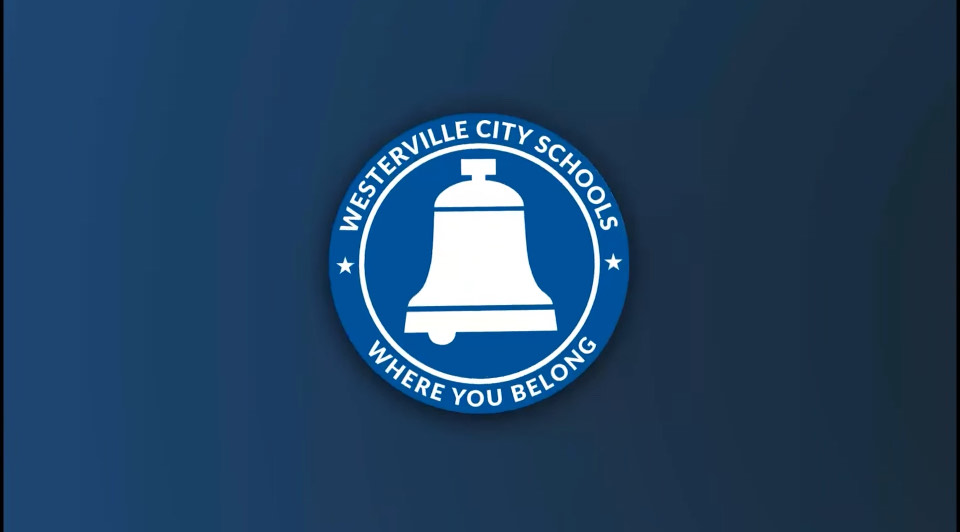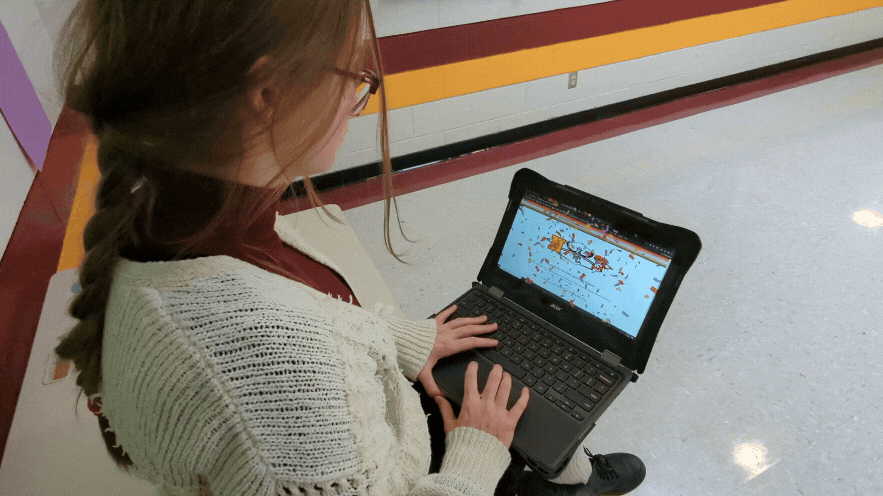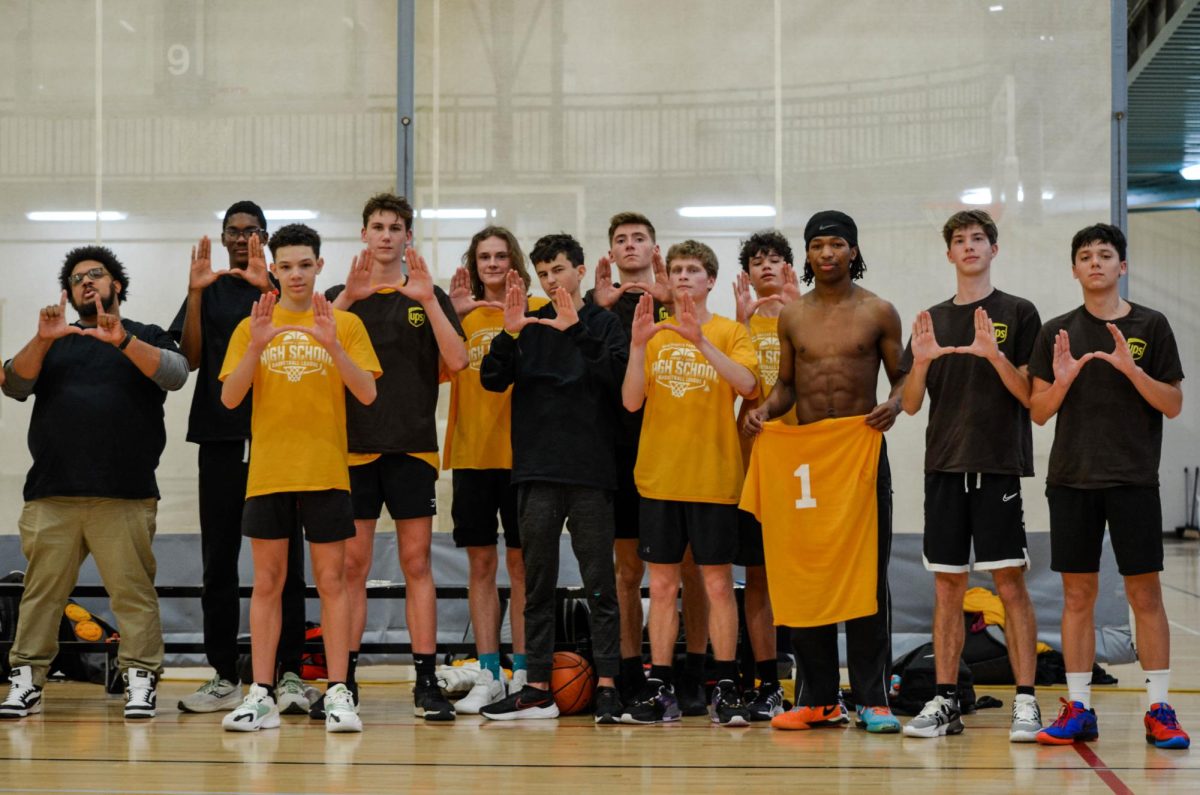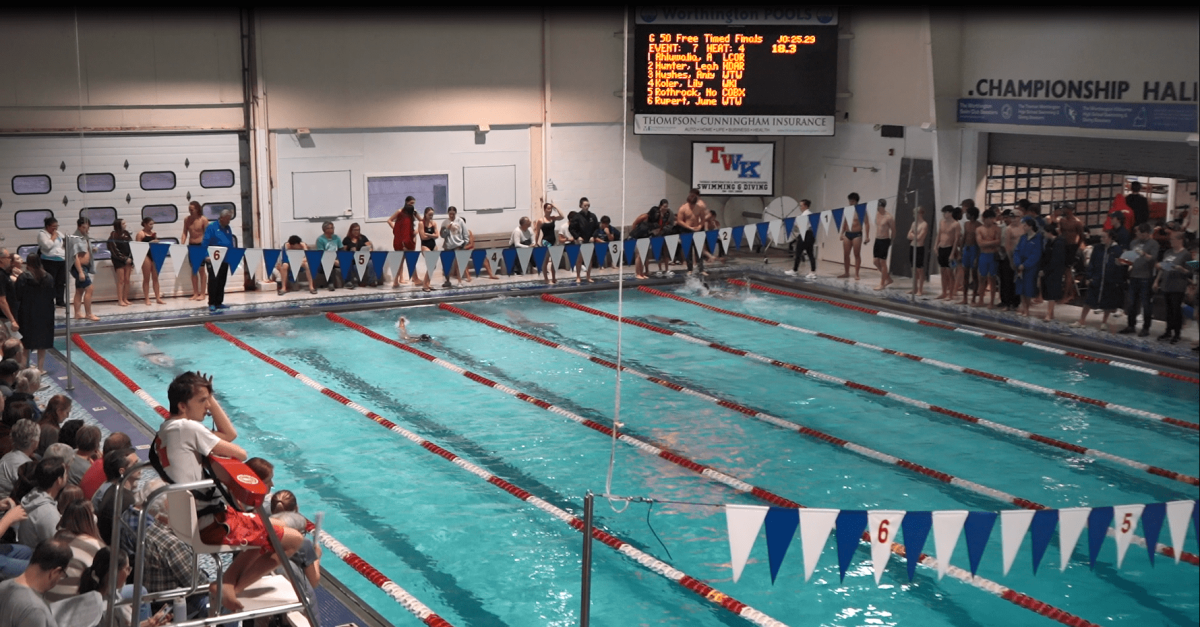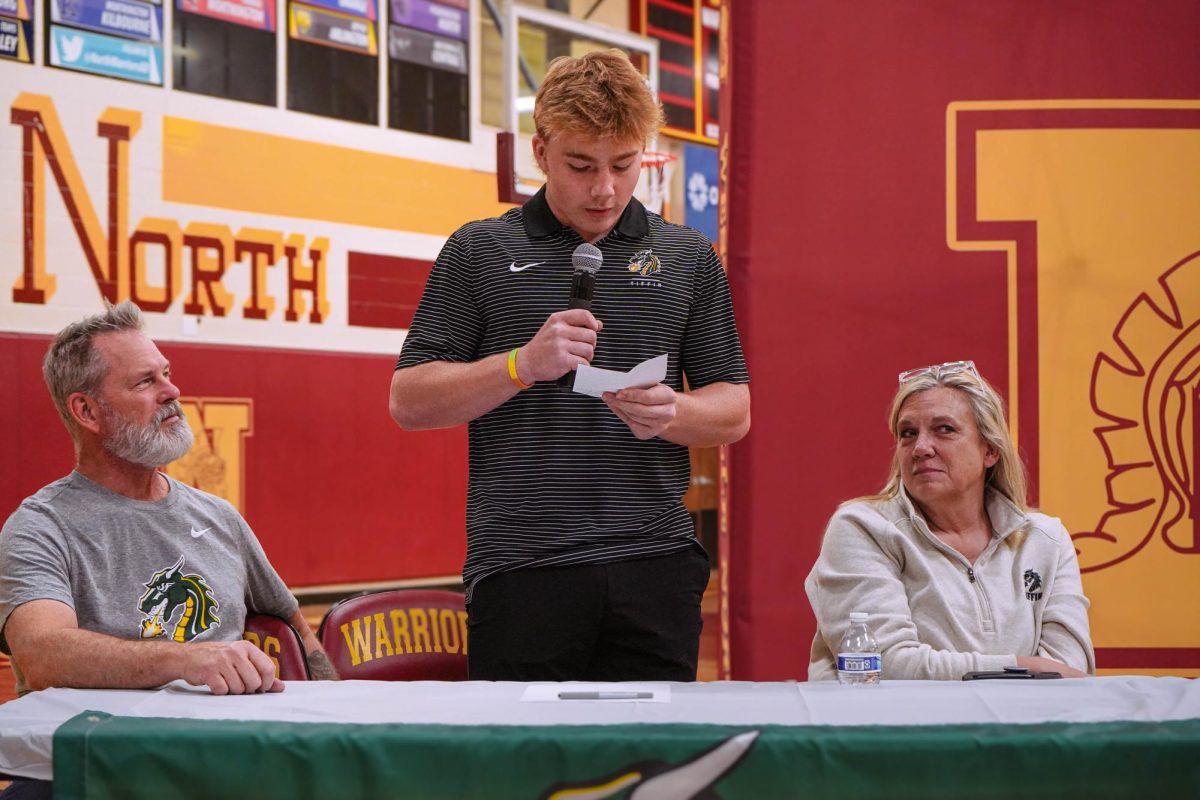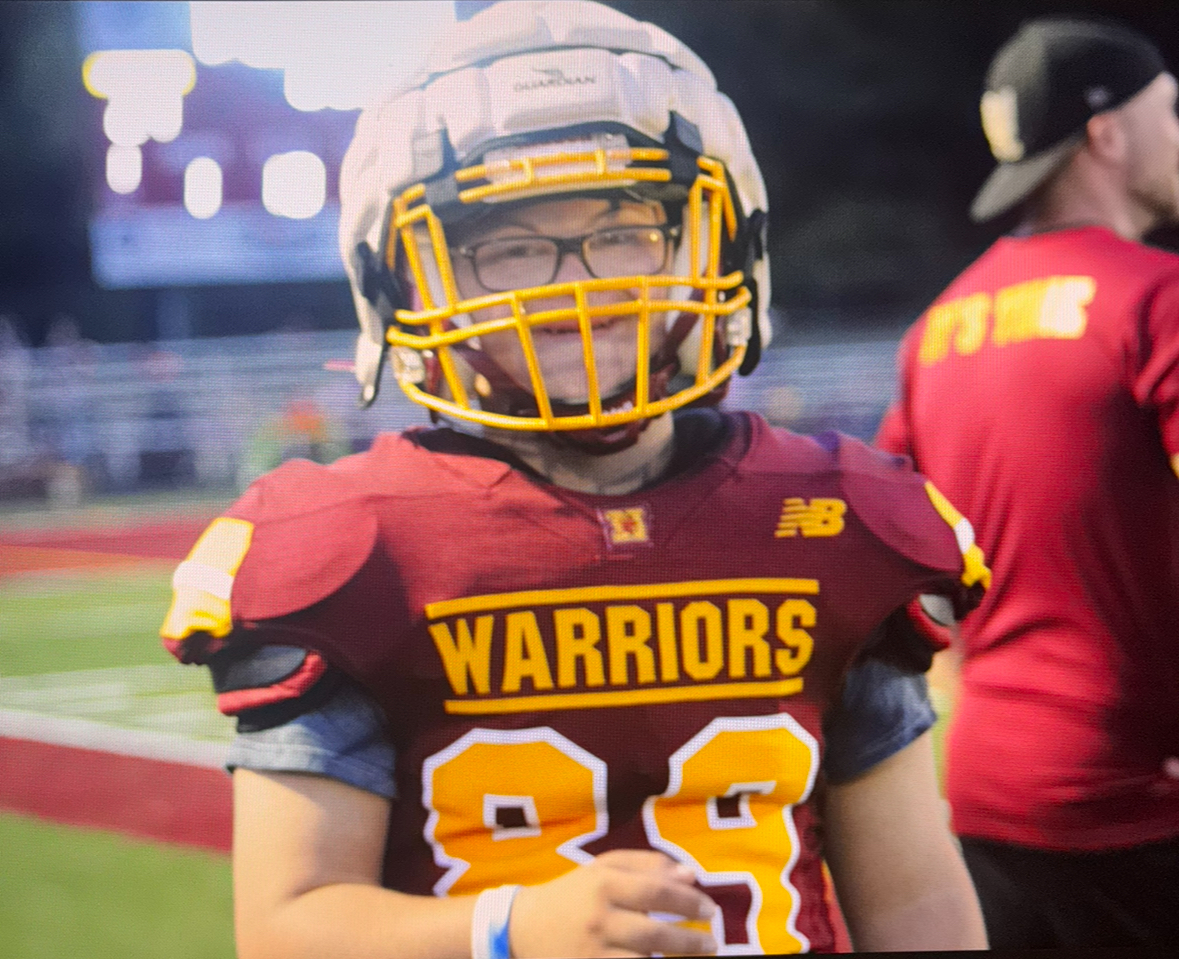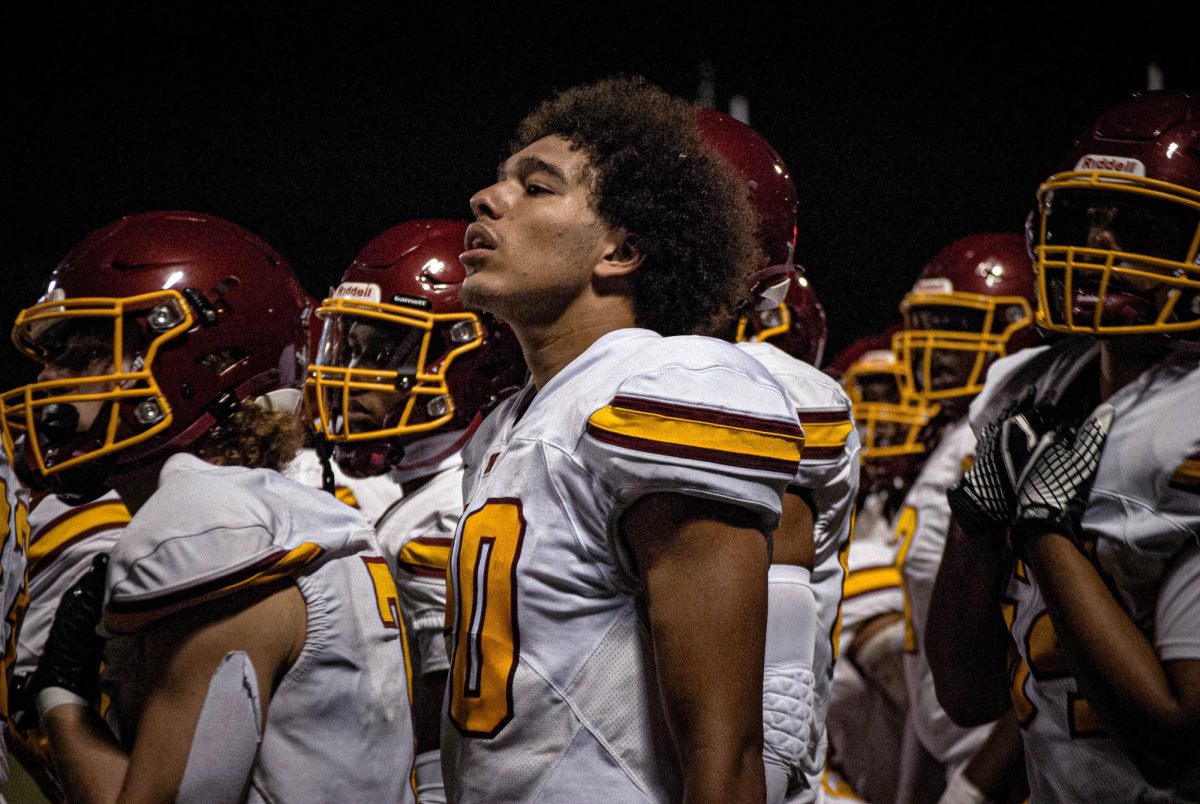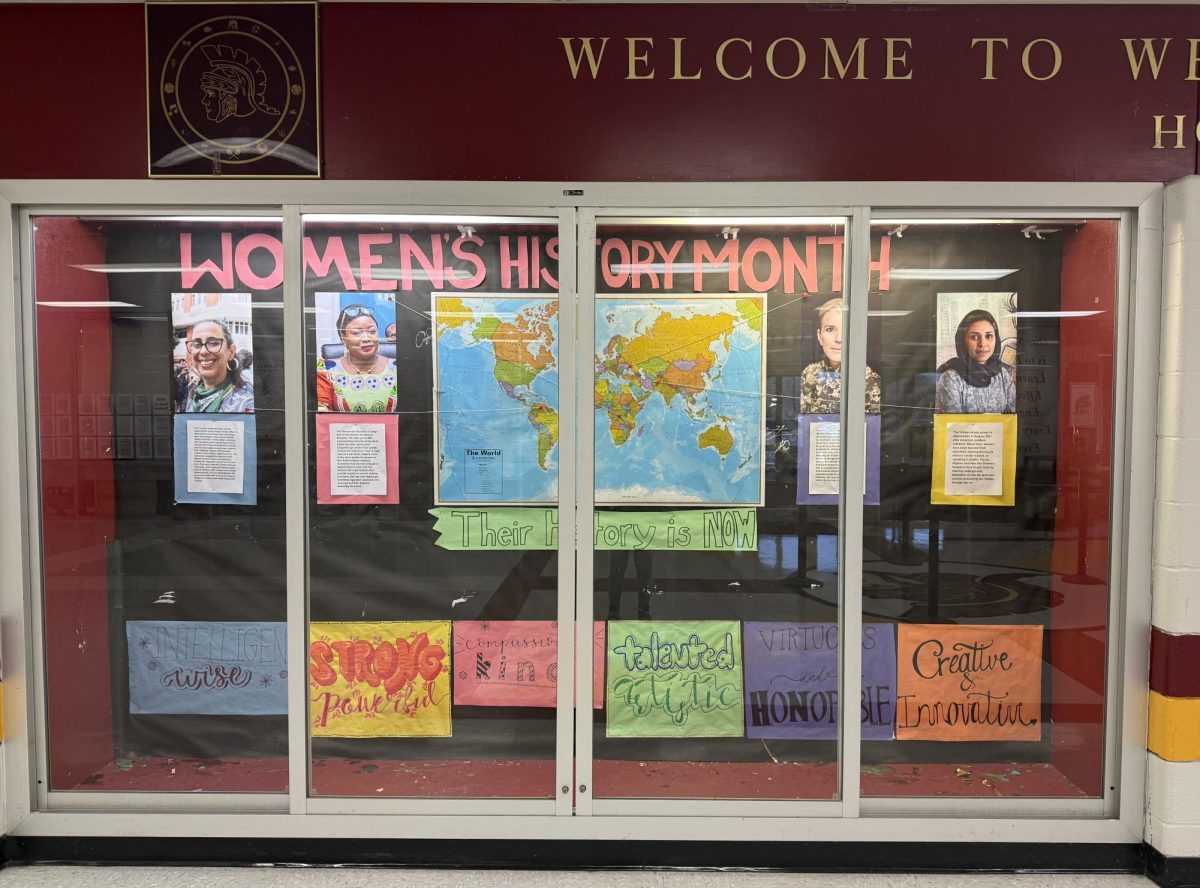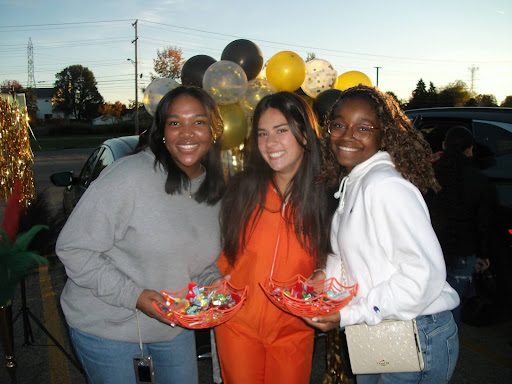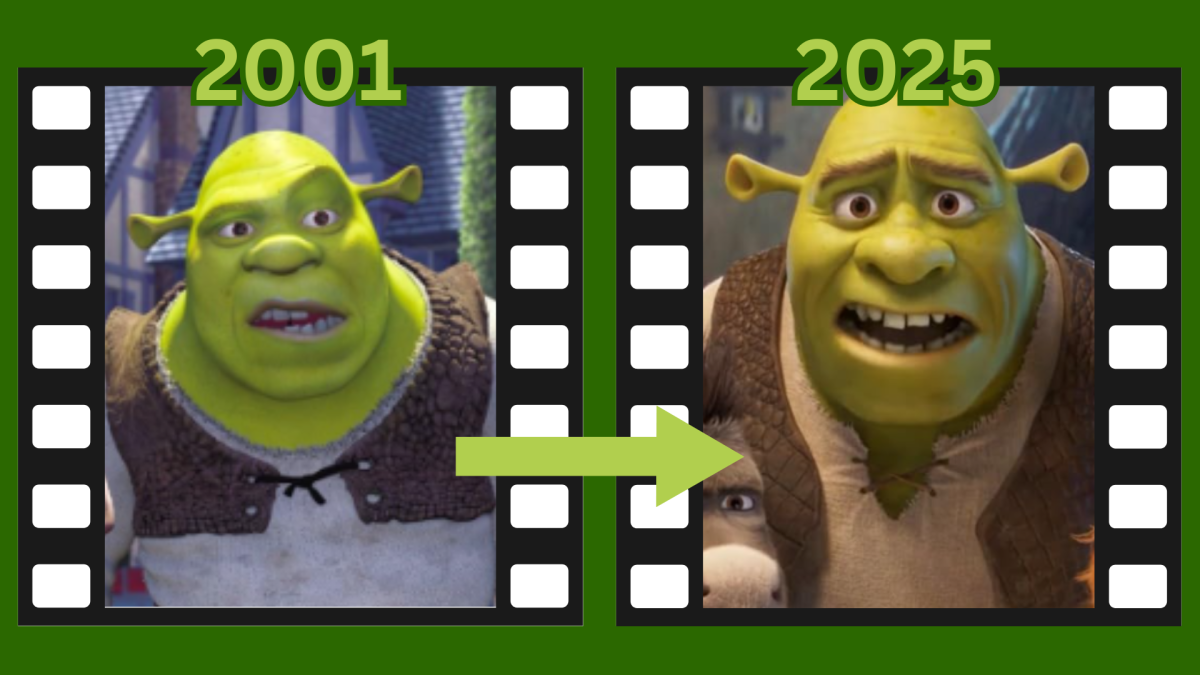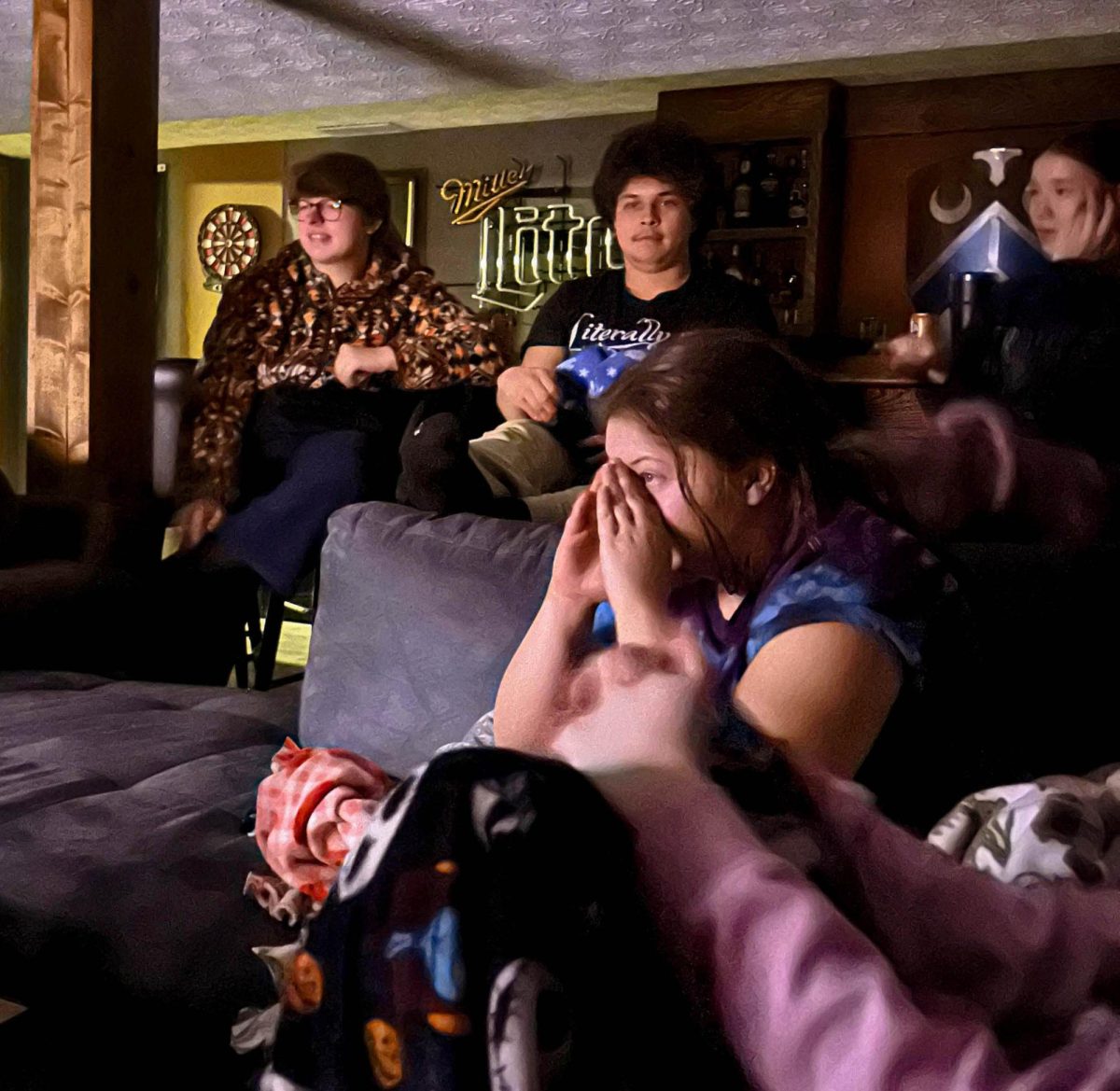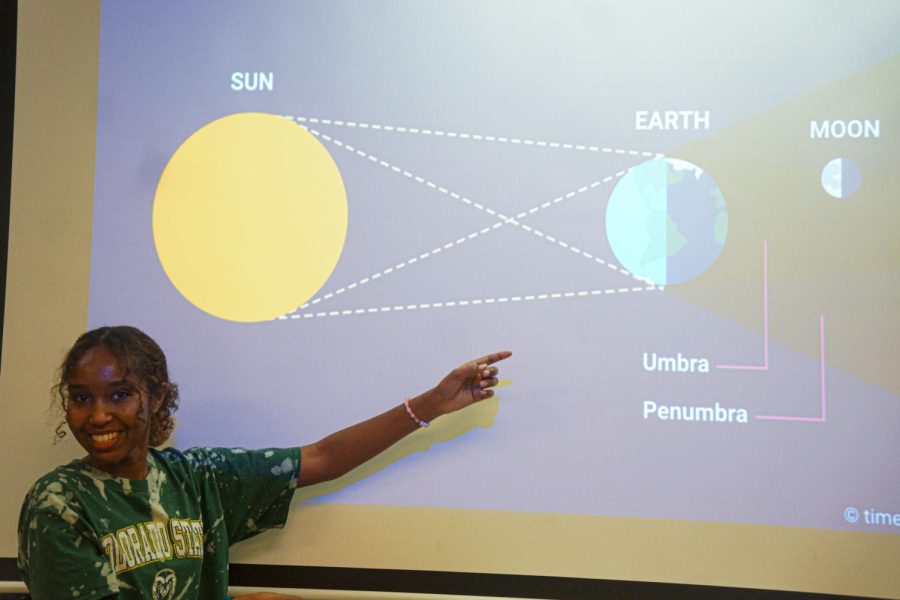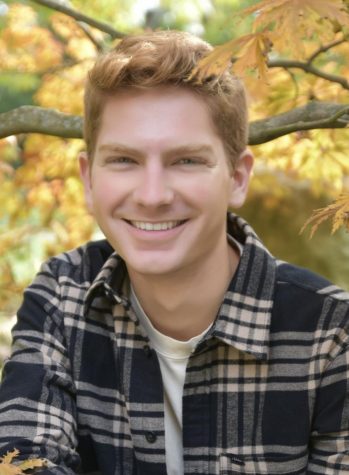Astronomy Club has prepared for lift-off this year at Westerville North. The club started small, but has seen major growth over the course of this semester. In its third year, the club has found many new members and has developed into a large community within North.
David Johnston, a physics and computer science teacher at North, is the advisor for Astronomy Club, and he was able to shed some light on what an average Astronomy Club meeting looks like.
“Anywhere between 10 and 25 students come to each meeting,” Johnston said. “Officers typically start out talking about recent news and events, like the lunar eclipse last month. Then we talk about things you can see in the night sky for the current month, like where to find planets and specific constellations. Most of the meeting is spent talking about a planned topic.”
Zuhur Sofe (12) is the president of the Astronomy Club, and she cited some of the challenges with making the club work this year.
“Last year with COVID-19, Mr. Johnston decided not to run an Astronomy Club,” Sofe said. “This was my first year not only being a member but also being the president. The biggest challenge [this year] was probably getting people to come to Astronomy Club, because not a lot of people I know are interested in space. But I knew it’d be a really fun way to make a nice community within Westerville North.”
A new member of that community, Nick Bagby (12), was excited to get involved in the club this year.
“I have Mr. Johnston for physics, so he told all of [his students] about it,” Bagby said. “Last year I was looking for clubs that were science related or physics related, and that was one of the first ones that popped up.”
Bagby explained that the club is very science based, giving him the opportunity to not just learn the equations and processes, but the specific events that are occurring in space. These are things he values, especially because he plans to continue to study physics and chemistry in college.
Sofe also talked about why the club is important to her.
“My favorite part of Astronomy Club is seeing all of my friends so interested in the club I lead,” Sofe said. “It’s really nice to see, and also learning more about the universe with people I call my friends. The biggest helping factor was our friends, for getting a lot of people to show up and be more involved in the club.”
Johnston also talked about what excited him about the return of the club this year.
“This year was a chance to reboot the club after taking last year off. It’s exciting to see so many students come to learn about astronomy. I enjoy seeing new students come as word continues to spread about Astronomy Club,” Johnston said.
The science-based nature of this club helps get students interested, and the community aspect encourages them to stay. The club has covered topics ranging from star formations and black holes, to the history of our solar system. Some students, like Bagby, find major interest in the club, and other students see it as a good chance to spend quality time with friends. While the school may not offer an astronomy class, many of the lessons and activities tie together with other science classes at North.
“A lot of the stuff [Johnston] teaches about ties in with other classes, like chemistry,” Bagby said. “The flame tests we did [in chemistry] explain how all the nebulas are blue and red.”
While it may just be a club for now, Astronomy Club may have the potential to become a class.
“If interest in the astronomy club continues to grow, hopefully it will eventually lead to having an astronomy class offered at North,” Johnston said. “So many students are interested in space and astronomy, but there isn’t a class on these topics. Hopefully, the club can provide opportunities for students to learn more on these topics.”
Astronomy Club is not unique to just North. Westerville South High School also has an Astronomy club, and while Westerville Central doesn’t have one, they have several other science related clubs available to students, like their Science Club.
In its five meetings, Astronomy Club has confidently found its footing this year. While the group has grown, the goal has remained the same—to share a common interest in the wonders of the universe and create a positive community within North. This club has a bright future at North, whether it continues as a club or evolves into a class. The Astronomy Club meets on the first and third Wednesday of every month in room 238. It is led by seniors Zuhur Sofe and Emily Widman, who look forward to growing this club next semester.
“Come to Astronomy Club!” Sofe said.



